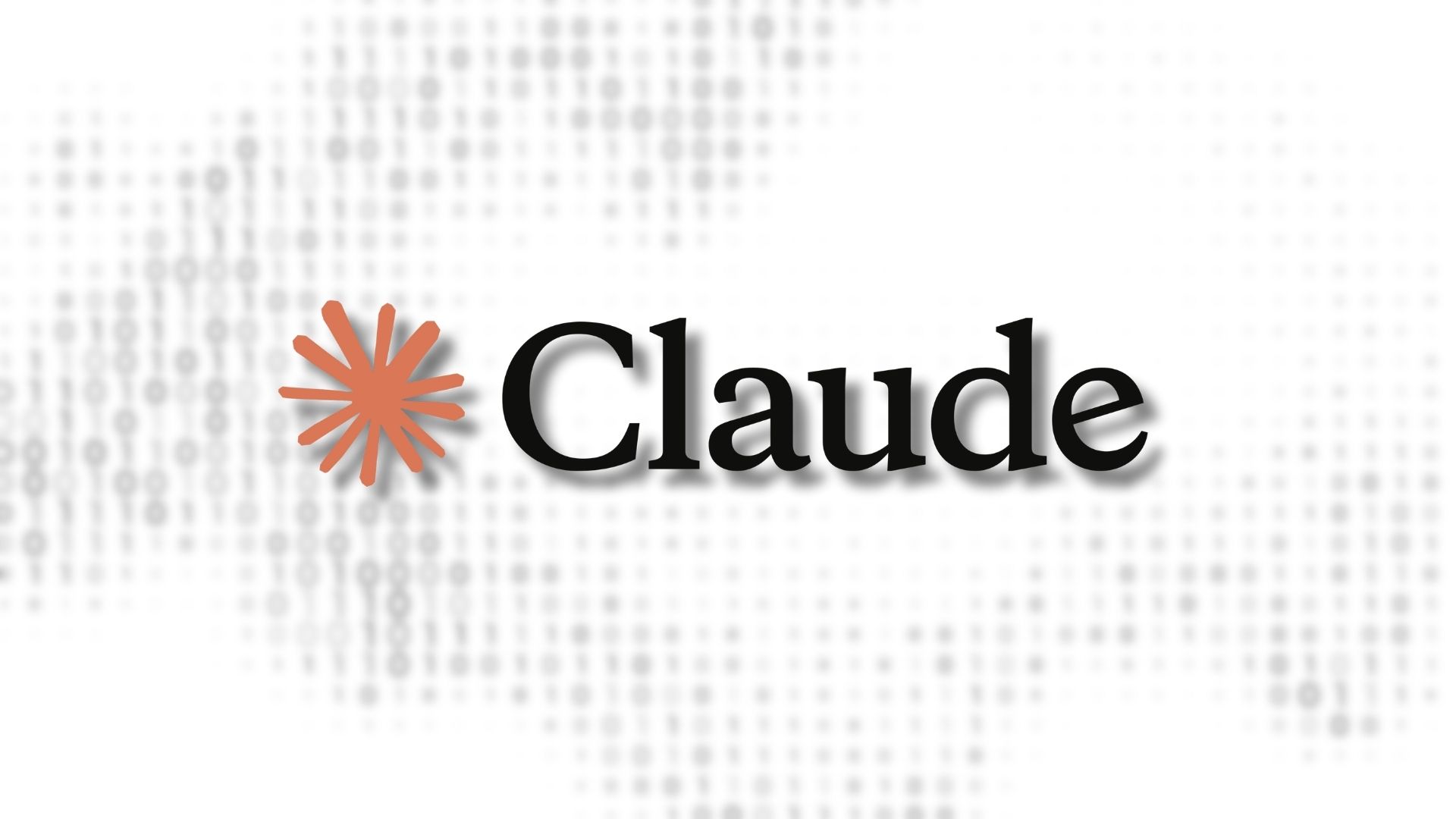Anthropic’s AI chatbot, Claude, experienced a global outage, leaving users unable to access the platform. Visitors reported error messages indicating the system had broken down, though the company said it was working to resolve the issue.
The Claude API, used by other websites to integrate the chatbot, remained operational. Anthropic confirmed that the outage was limited to the Claude web interface and did not affect other integrations, emphasising that engineers were actively resolving the issue.
The outage, tracked by Down Detector, began around noon in the UK and affected users worldwide. Messages on the platform reassured users that Claude would return soon and that the problem had been identified and was being fixed.
The interruption comes at a sensitive time for Anthropic, as the company navigates heightened attention surrounding access to its Claude AI system. The situation unfolds amid broader discussions about the role of advanced AI tools in defence contexts, with industry players facing increasing scrutiny over their policies and partnerships.
Would you like to learn more about AI, tech and digital diplomacy? If so, ask our Diplo chatbot!










